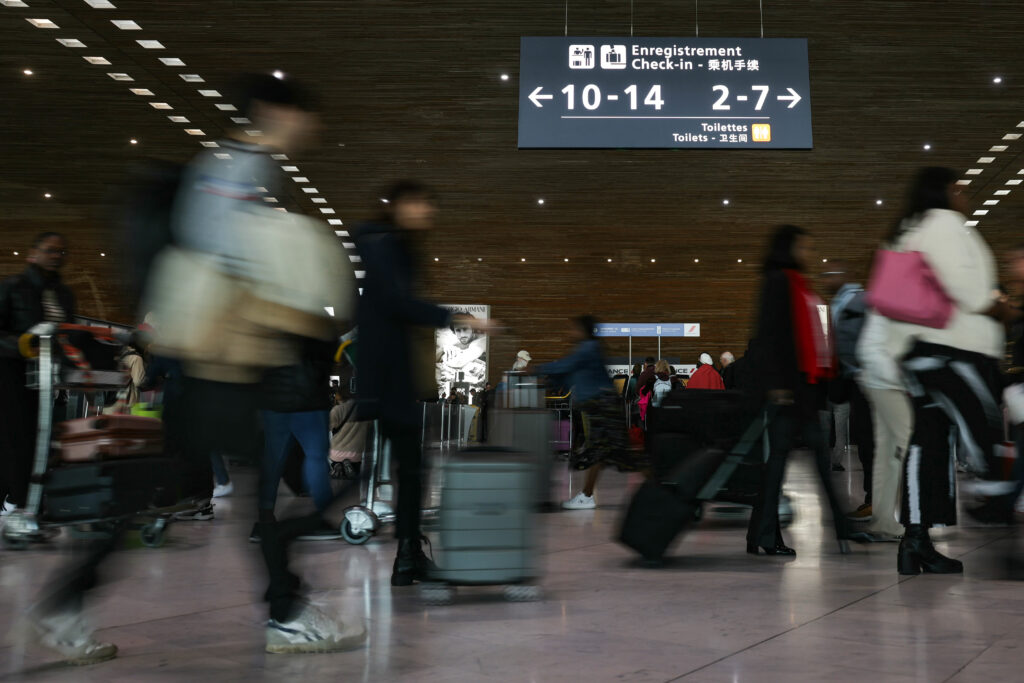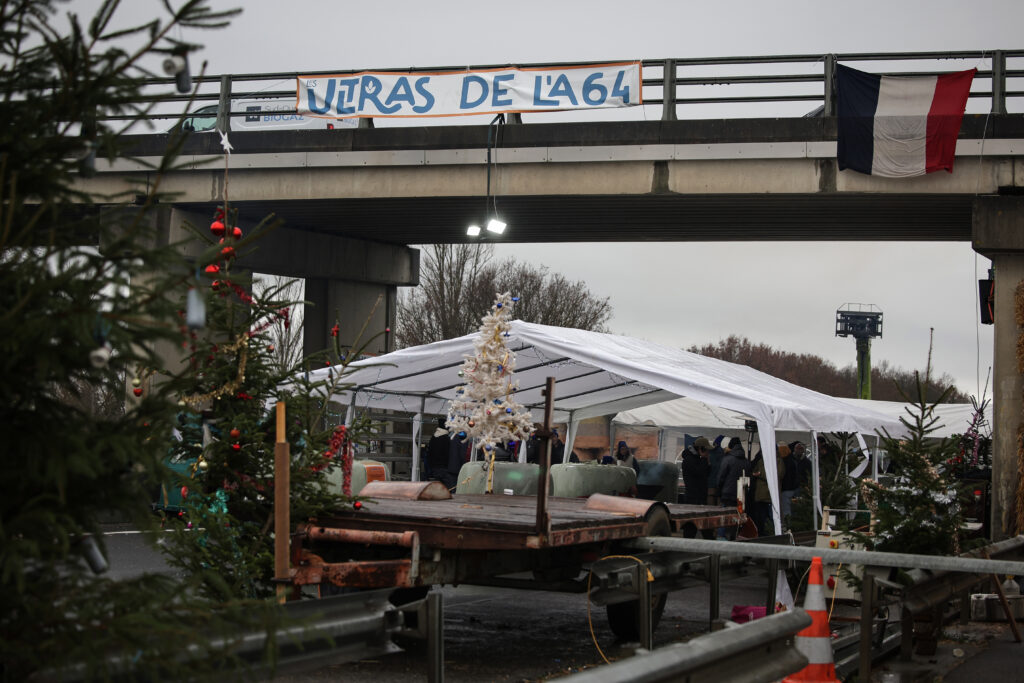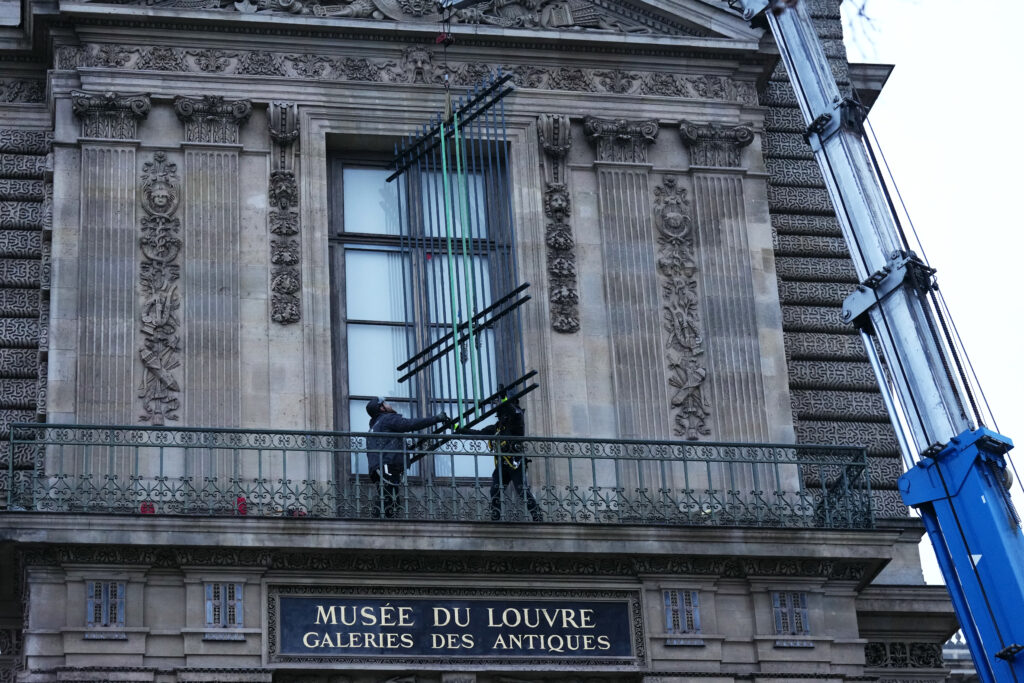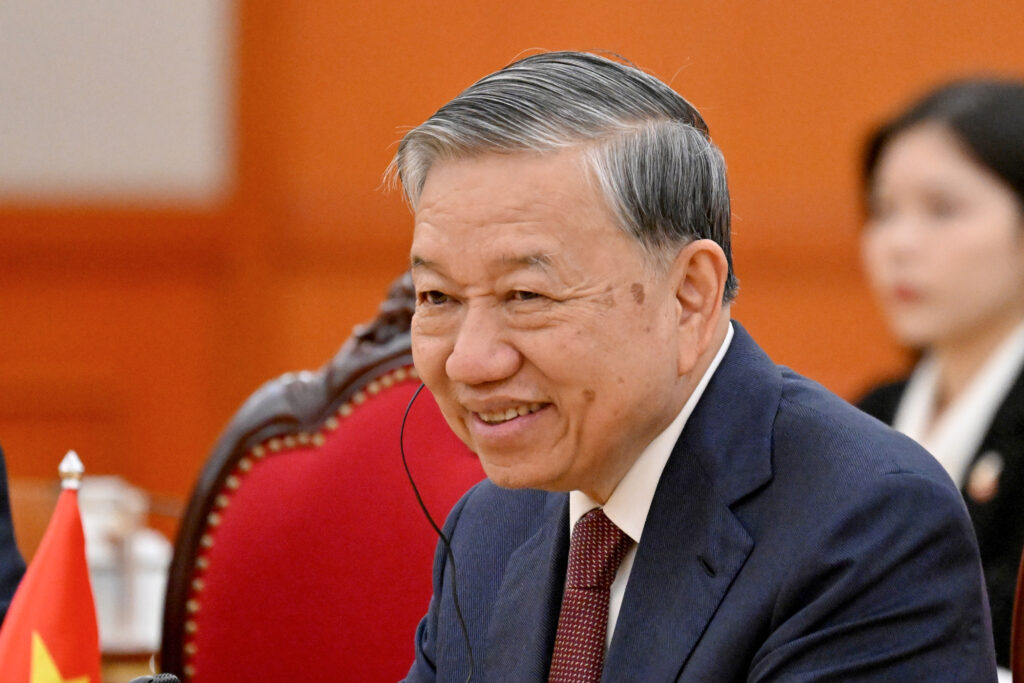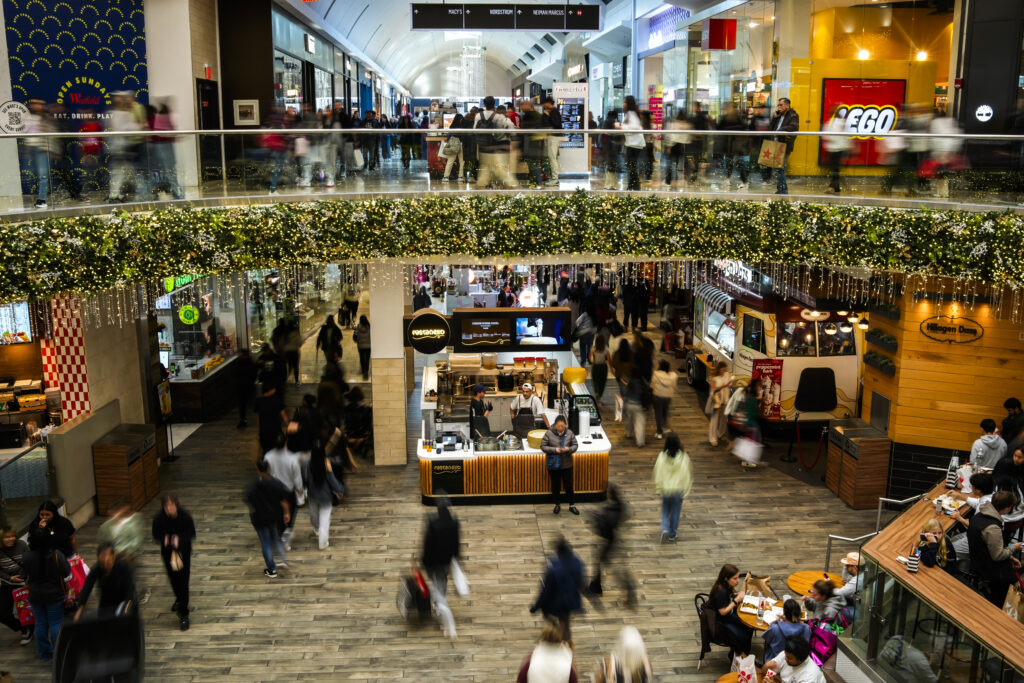Ligue 1: avec Endrick, Lyon espère être d’attaque après la trêve
Avec le prêt du jeune Brésilien Endrick par le Real Madrid, Lyon, qui a officialisé mardi l’accord avec le club espagnol, espère muscler son jeu offensif en vue de la seconde moitié du championnat de France et accrocher une nouvelle qualification européenne.Un joli coup. L’OL repeuple enfin un secteur offensif saigné cet été par les départs de joueurs majeurs comme Alexandre Lacazette, Georges Mikautadze, Rayan Cherki ou Thiago Almada.Le club rhodanien n’avait pas le choix, contraint par les restrictions budgétaires imposées par la DNCG, le gendarme financier du football français. Elles ont été assouplies après son audition le 11 décembre, et l’Olympique lyonnais a donc misé sur un prêt payant sans option d’achat pour s’attacher les services du jeune attaquant de 19 ans jusqu’à la fin de la saison.Son montant est d’un million d’euros “maximum”, selon le club rhodanien, somme globalement équivalente à la prise en charge de la moitié de son salaire de 400.000 euros mensuels.Si l’entraîneur Paulo Fonseca s’est dit “très satisfait” de la première partie de saison de son équipe, 5e de Ligue 1 et leader de la phase de ligue de la Ligue Europa, ce renfort offensif est le bienvenu dans un club qui n’est que la neuvième attaque du championnat de France (22 buts).Au poste d’avant-centre, la seule recrue estivale, l’Uruguayen Martin Satriano, prêté par Lens, n’a pas assez pesé (deux buts seulement en Ligue 1).- Opportunité -Dans le cadre budgétaire contraint qui était le leur, Le directeur technique Matthieu Louis-Jean et ses équipes ont su être inventifs dans leur recrutement estival sans céder à la panique en engageant un attaquant par défaut. Ils ont préféré au contreaire attendre le marché d’hiver et une bonne opportunité comme Endrick qui n’entrait pas dans les plans de l’entraîneur madrilène Xabi Alonso et cherchait du temps de jeu.A 19 ans, Endrick Felipe Moreira de Sousa (14 sélections, trois buts), surnommé “Bobby”, décrit comme “rapide, précis et technique”, est présenté au Brésil comme un futur crack depuis son premier contrat professionnel, signé à 16 ans avec Palmeiras, avant d’être transféré au Real à l’été 2024 – à peine majeur – pour 47,5 millions d’euros, selon le site de référence Transfermarkt.Mais cette saison, l’avant-centre n’a joué que onze minutes en Liga, autant en C1, et il espère, en venant à Lyon, convaincre le sélectionneur du Brésil, l’Italien Carlo Ancelotti, de le retenir pour le Mondial-2026.Il a toutefois peu de chances d’être qualifié pour le déplacement à Monaco, le 3 janvier pour la reprise de la Ligue 1. Il lui faudra ensuite s’acclimater pour dynamiser l’attaque lyonnaise. – Filière brésilienne -Celle-ci sera aussi renforcée par le retour de blessure de son fer de lance, le Belge Malick Fofana, sérieusement touché à une cheville en novembre et espéré fin janvier.Il a été bien suppléé par le Portugais Afonso Moreira, arrivé cet été de la réserve du Sporting Portugal. Et Fonseca n’oublie pas le Ghanéen Ernest Nuamah, gravement blessé à un genou au printemps dernier.Tous ces joueurs seront un précieux complément au Tchèque Pavel Sulc, lui aussi recruté en juillet (9 buts toutes compétitions confondues).A Lyon, l’adaptation d’Endrick pourra être facilitée par la présence d’un de ses compatriotes, le défenseur Abner Vinicius. Il va perpétuer une tradition de recrutement de joueurs brésiliens qui ont contribué à la réputation de Lyon au Brésil, débutée avec Constantino Pires (1956-1959) avant de se développer depuis trente ans avec l’engagement du défenseur Marcelo Kiremidjian (1993-1997).Devenu agent par la suite, celui-ci a su guider l’OL dans ses choix avec notamment les transferts d’Edmilson, Cris, Claudio Caçapa, Fred et bien sûr Juninho, légende de l’OL. Brièvement directeur sportif (2019-2022), ce dernier a, à son tour, recruté Bruno Guimaraes et Lucas Paqueta.Malgré des déceptions relatives (Nilmar, Elber) ou quelques rares échecs (Camilo, Jeffinho, Cleber Anderson ou Fabio Santos), l’OL espère qu’Endrick prolongera l’efficacité de cette filière brésilienne.


